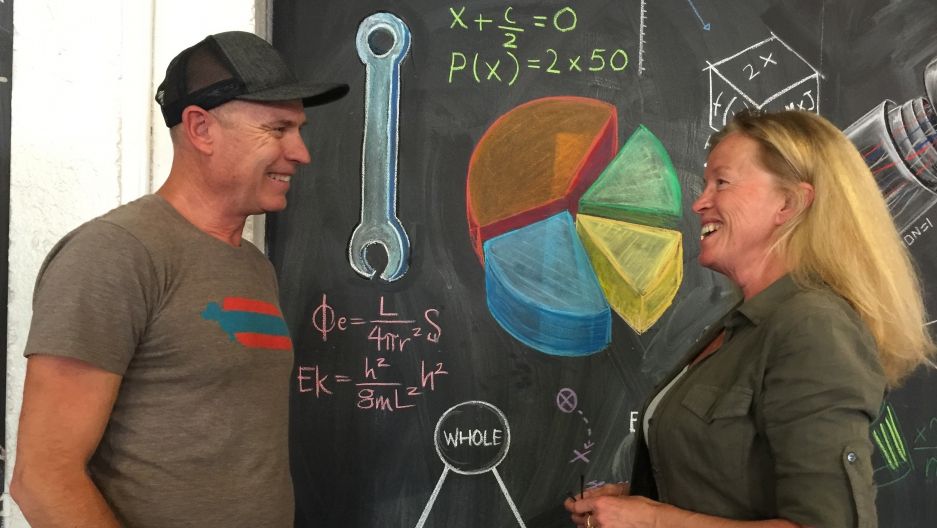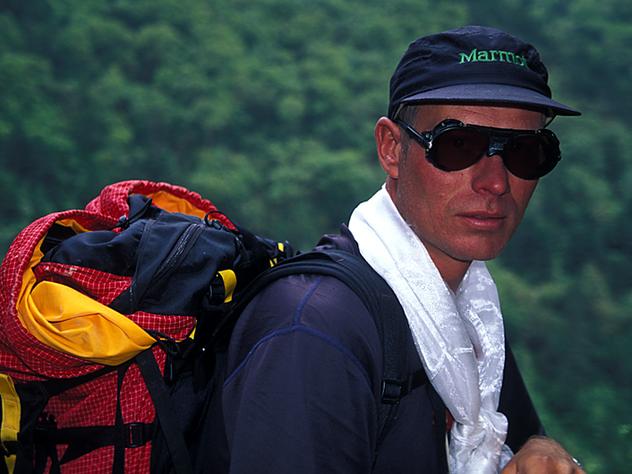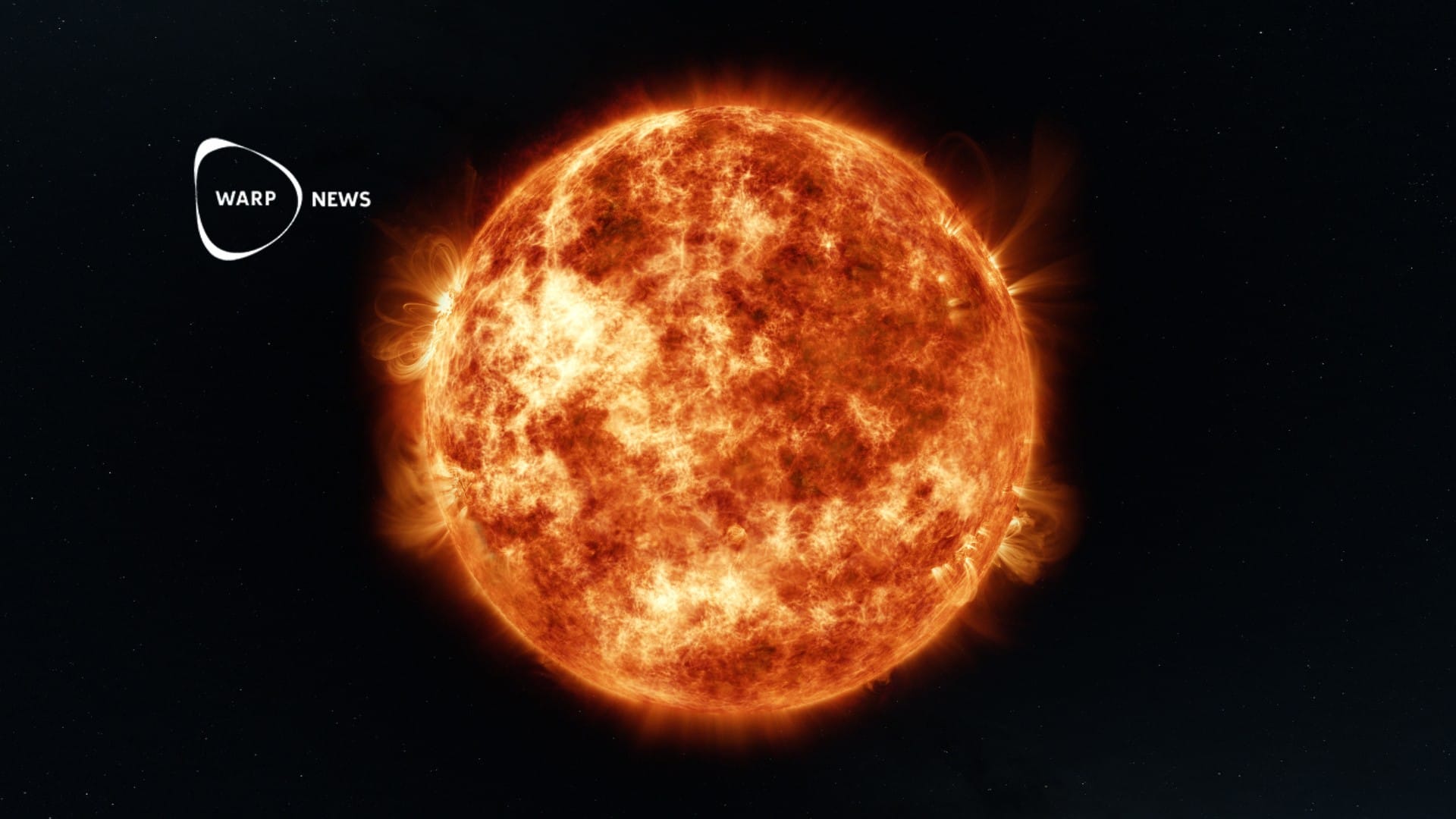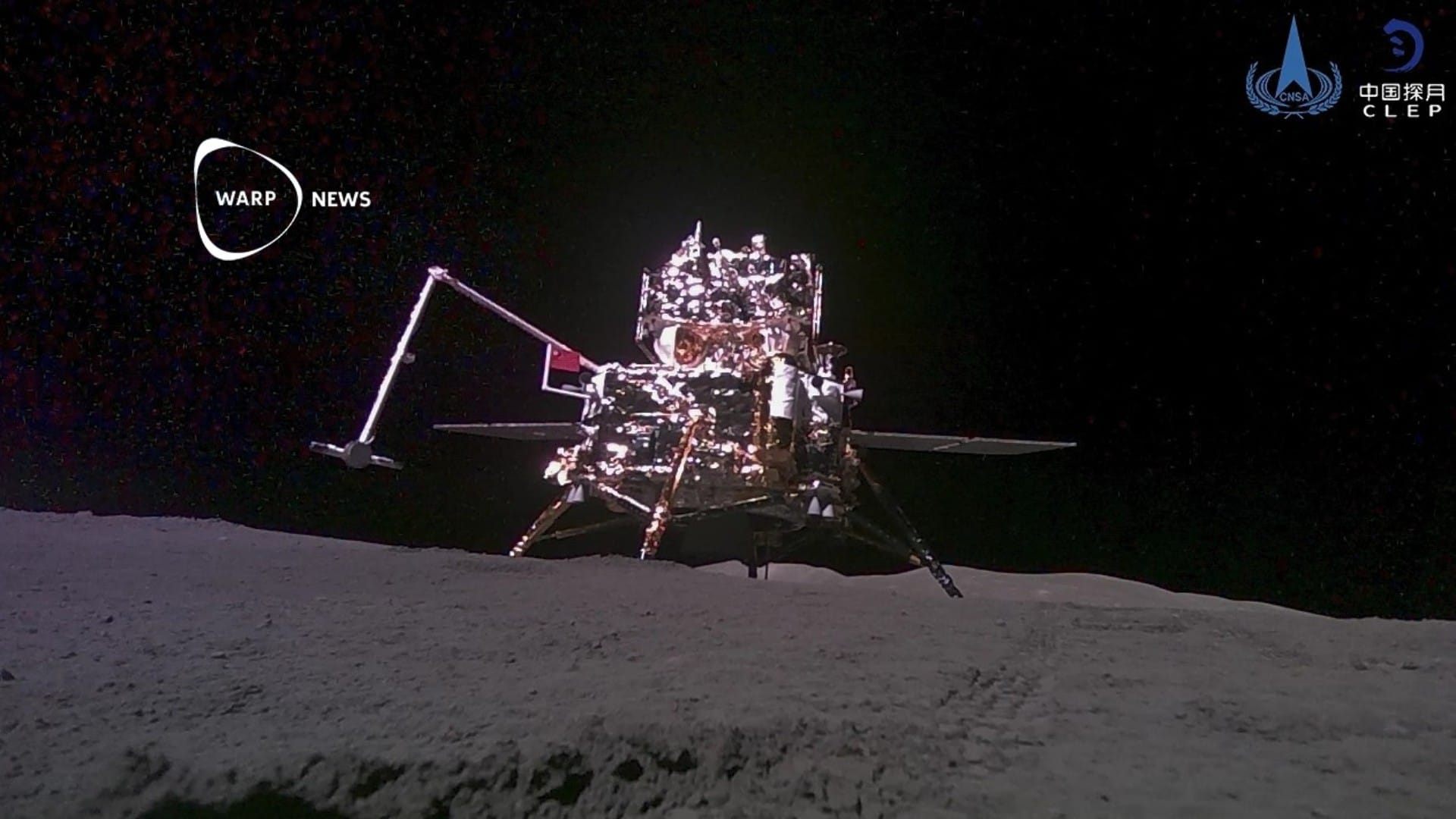
👩🚀👨🚀These two explorers could be the first humans on Mars
Tina and Tom Sjogren are explorers. They've climbed Mount Everest, gone back-to-back to the North- and the South Pole, but sort of ran out of new challenges on Earth. Instead, they are looking up in space, more specifically to Mars.
Share this story!
It is not their goal to get there first, but if their schedule holds, they will be the first two humans to step out on the surface on the Red Planet.
Listen to my interview with these two fascinating people. You'll find it everywhere where you listen to podcasts, search for Warp News.
Tina and Tom Sjögren, or T&T, have broken numerous records.
Tina is the first woman to do the Three Poles Challenge - Mount Everest, the North Pole and the South Pole. On Everest, they broke the record of high altitude broadcasting, and they were also the first to broadcast live pictures and sounds from the Antarctic ice cap.

On February 2, 2002, they reached the South Pole after 63 days of skiing. On May 29, 2002, just four months after having returned from Antarctica, they reached the North Pole completely autonomously at record speed (118 days), and transmitted the first-ever live broadcast of satellite images and sounds from the Arctic pack ice.

But they grew tired of repeating the same kind of challenges on Earth, and instead started looking towards the stars.
"On the summit of Mount Everest, I looked down. But Tina looked up. So that is where we are going next," Tom says in the interview.
Now they are building a rocket company to launch satellites into orbit, but also a complete system to get them to (and from) Mars.
They have no background in the space business but says all the knowledge is out there.
"Rocket science is not rocket science anymore," says Tom, and means that all the knowledge is out there. You have to work hard, but anyone can do it.
American research agency, DARPA, convinced them to enter the DARPA Launch Challenge, where they ended up being one of the ten finalists.
If their schedule holds, they'll get to Mars in the 2020s and will then most likely be the first two humans to arrive on Mars.
Please check out Warp Space Program, where we support important private space missions.
By becoming a premium supporter, you help in the creation and sharing of fact-based optimistic news all over the world.


